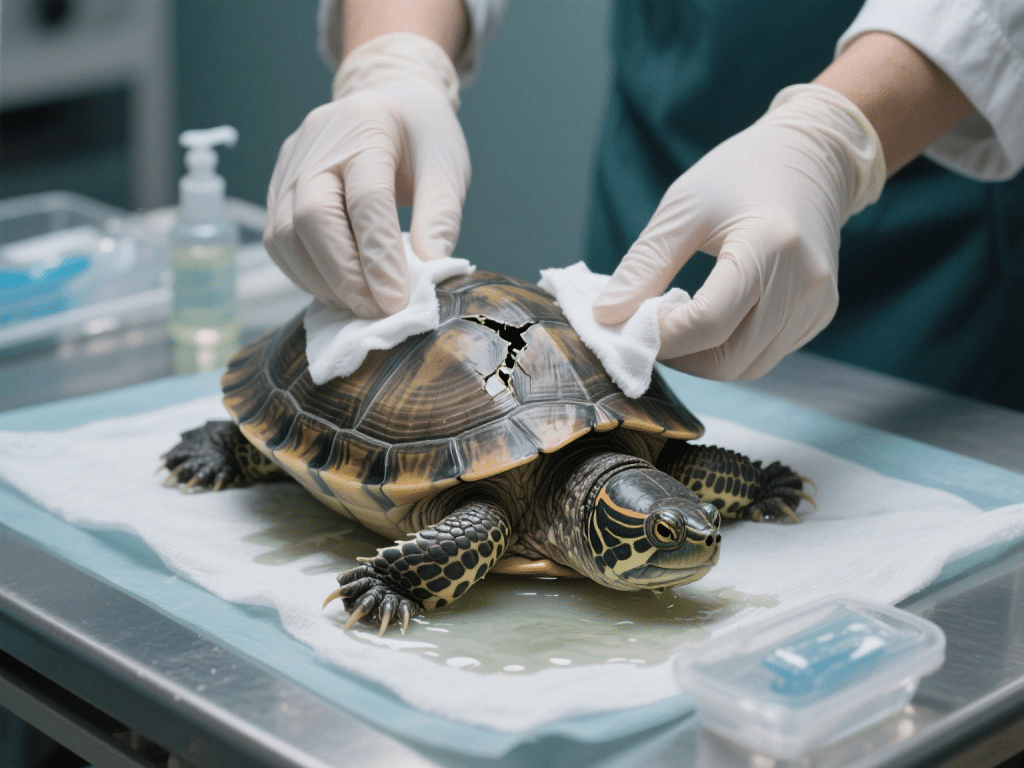
Essential Turtle First Aid: Wound Care, Heat Stress & Emergency Response
Even the most vigilant turtle keeper may encounter sudden injuries, shell damage, or envir...
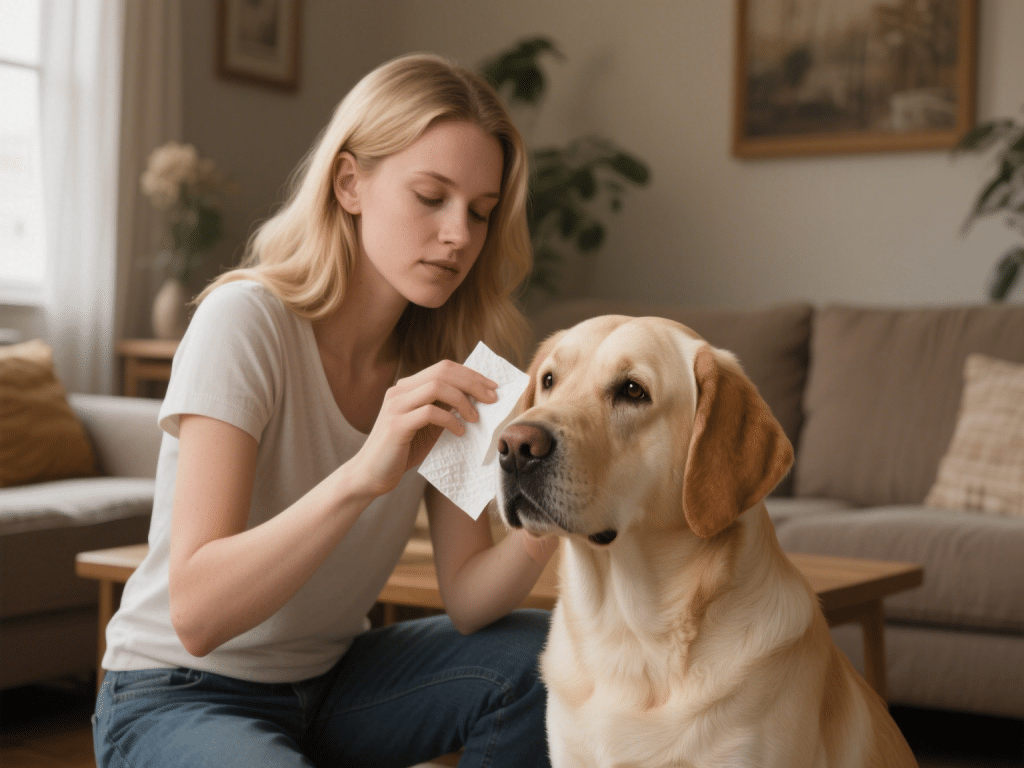
Nothing dampens a dog’s spirit more than the itching, head‐shaking, and discomfort of an ear infection. As a veterinary technician specializing in dermatology, I’ve seen first‐hand how even mild infections cause immense irritation. While severe or chronic cases need professional care, there are safe, at‐home remedies and preventive tips you can implement immediately to soothe your pup’s ears and reduce recurrence.
Watch for:
Frequent Head Shaking or Scratching at the ears
Redness, Swelling, or Odor inside the ear canal
Dark, Waxy Discharge or debris
Pain when Touching the ear flap or base
Early detection means quicker relief.
Avoid using cotton swabs inside the ear canal. Instead:
Soften Debris: Apply a few drops of a gentle cerumenolytic solution (available OTC) to loosen wax and debris.
Massage the Base: Gently knead the ear base to distribute the solution. You’ll hear a squelching sound as the wax loosens.
Wipe Clean: Use a soft gauze or cotton ball to wipe visible debris and solution away. Never push material deeper.
Repeat once daily for 3–5 days, monitoring your dog’s response.
Apple Cider Vinegar (Diluted 50:50): Acts as an antimicrobial. Use only if the ear canal isn’t raw or ulcerated, as it can sting open sores.
Coconut Oil: Has antibacterial and antifungal properties. Warm slightly and apply a few drops, massaging gently.
Chamomile or Green Tea Rinse: Brew tea, cool fully, then apply like a cleansing solution to calm inflammation.
Regular Drying: After baths or swims, dry ears thoroughly by gently patting with a towel. Moist environments foster yeast and bacterial growth.
Routine Inspections: Check ears weekly, wiping away light wax or debris to prevent buildup.
Trim Excess Hair: For breeds like Poodles or Cocker Spaniels, carefully trim ear canal hair to improve airflow—ask your groomer for safe techniques.
Balanced Diet: A diet rich in omega-3 fatty acids supports skin and ear health; consider vet-approved supplements if needed.
If signs worsen after 5–7 days of home care, or if your dog shows severe pain, neurological symptoms (head tilting), or chronic recurrence, schedule a vet visit. They can perform cytology to identify the exact pathogen—yeast vs. bacteria—and prescribe targeted medications.
Final Advice:
Ear infections can be both a nuisance and a health hazard if neglected. With early detection, gentle cleaning, and preventive routines, most mild cases resolve quickly at home. Always monitor your dog’s comfort and seek professional help when necessary. A little proactive care goes a long way in keeping those ears itch- and infection-free—so your pup can shake off the day with a wagging tail, not a scratchy ear!

Even the most vigilant turtle keeper may encounter sudden injuries, shell damage, or envir...
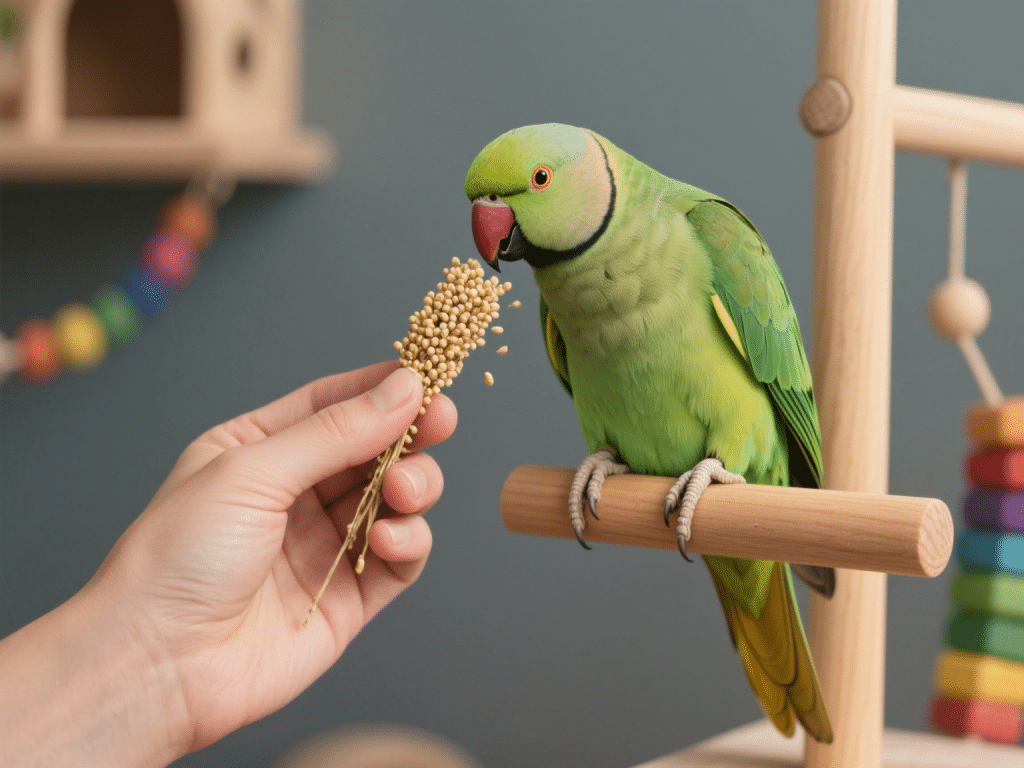
Training and socialization are cornerstones of a harmonious relationship with your pet bir...

Creating a thriving freshwater community tank requires balancing species’ temperature, p...

IntroductionFor individuals with allergies, choosing a dog breed that produces fewer aller...
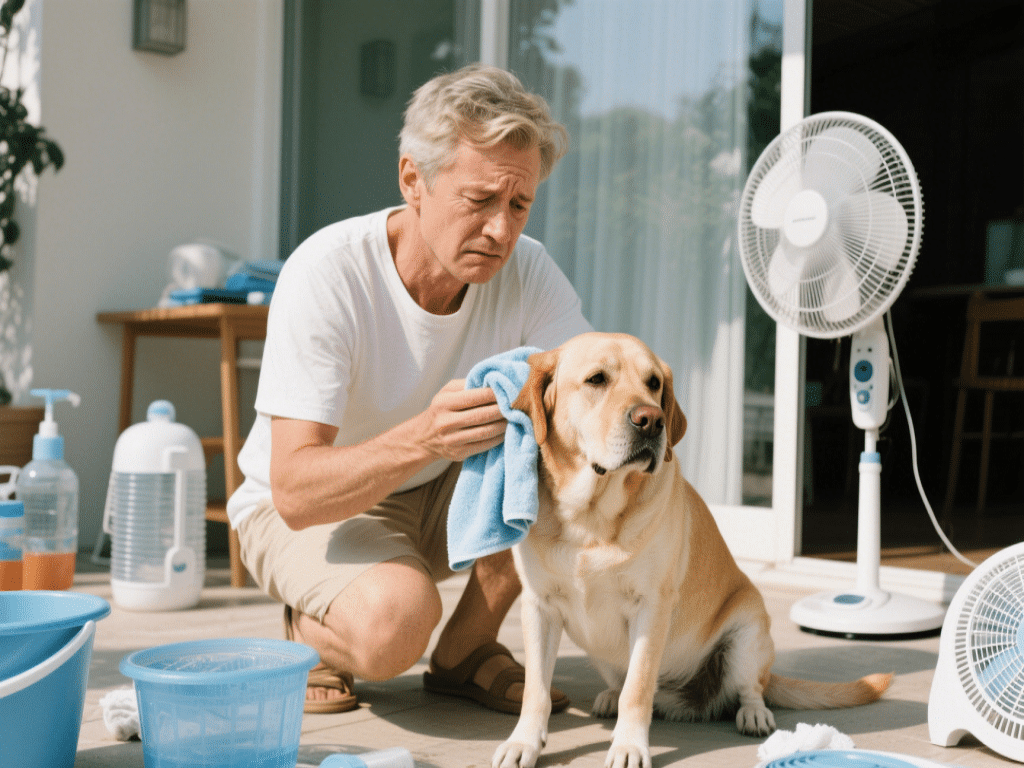
IntroductionHeatstroke in dogs and cats is a life-threatening condition occurring when bod...
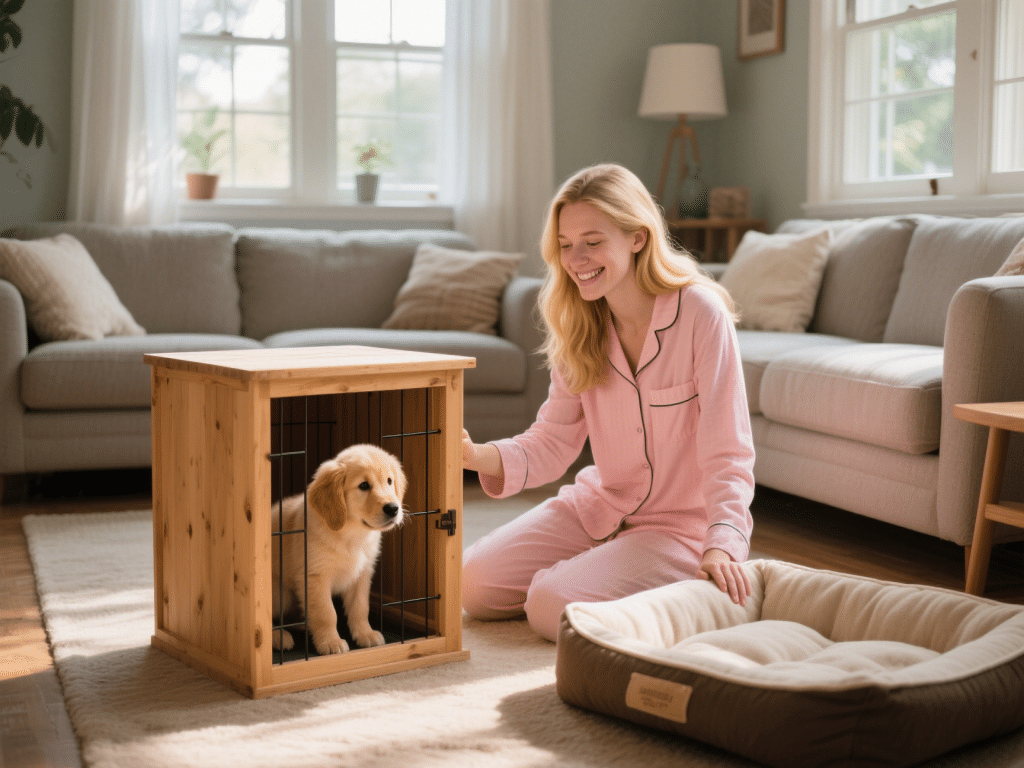
Why Crate Training MattersCrate training leverages a dog’s natural denning instinct to c...
Comments on "Dog Ear Infections: Home Remedies & Tips for Relief" :